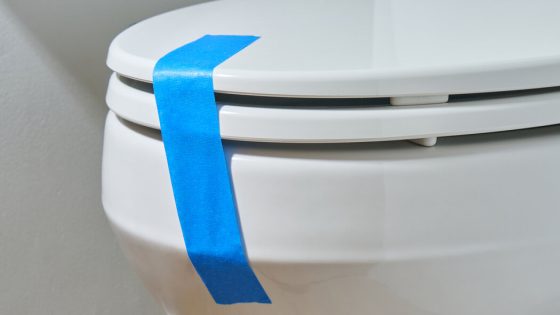Bladder health is crucial for overall well-being, yet many people still practice “just in case” bathroom breaks. A recent discussion with urologist Dr. Ariana Smith highlighted that while this habit might prevent accidents, it can lead to significant bladder issues over time.
- Avoid frequent "just in case" bathroom breaks.
- Convenience voiding can lead to bladder issues.
- Bladder alerts brain before reaching capacity.
- Proactive voiding disrupts natural feedback loop.
- Women typically hold 500 ml; men 700 ml.
- Urge to urinate occurs at 150-250 ml.
As children, we were often urged to use the restroom before leaving home, a practice known as proactive voiding. However, Dr. Smith warns that frequent “just in case” visits can disrupt the natural communication between your bladder and brain, leading to potential complications. Understanding this can help you make informed choices about your bathroom habits.
So, how does this affect your bladder health? When you urinate too often without a full bladder, you may train your body to signal the need to go prematurely. This can reduce the bladder’s capacity over time. To support your bladder health, consider these recommendations:
- Only use the bathroom when you genuinely feel the urge.
- Avoid drinking excessive fluids before sleep to minimize nighttime trips.
- Practice bladder training techniques if you experience urgency.
As you reflect on your bathroom habits, consider making adjustments for better bladder health. Small changes today can lead to significant improvements tomorrow.

































